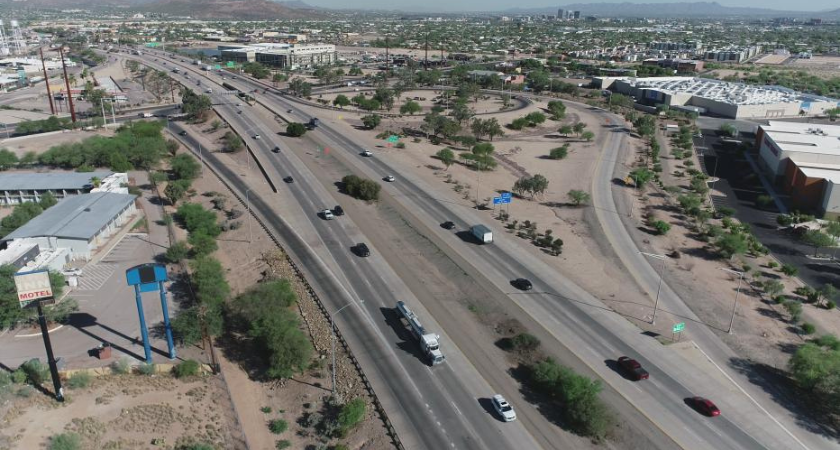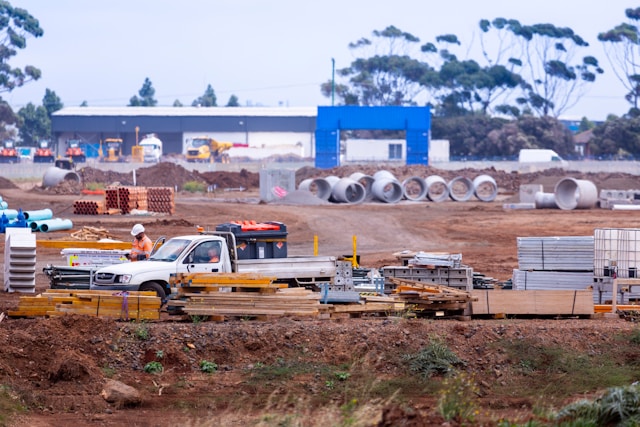
Jacobs and Sundt Construction have partnered with the Arizona Department of Transportation (ADOT) to deliver the state’s largest highway construction project in southern Arizona — a $600 million expansion of Interstate 10 through Tucson. Known as the Kino to Country Club project, this transformative initiative will enhance traffic flow, boost safety, and strengthen critical transportation links across the region.

The project involves expanding a 4.8-kilometer (3-mile) stretch of I-10 in both directions, reconstructing major interchanges, and removing outdated infrastructure to support modern design standards. Once complete, the improvements will create a more efficient and resilient corridor, connecting Tucson residents and businesses to the broader Arizona highway network.
“The Kino to Country Club Road program is a pioneering effort and will bring best practices in alternative program delivery to Arizona,” said Galina Leiphart, Jacobs Transportation’s market growth director for the west-central region. “Working with the Arizona Department of Transportation and Sundt as our design-build partner, we’ll deliver a safer, more efficient transportation system that supports growth and connectivity across Arizona and improves traffic flow and safety in the local Tucson community.”
.jpg)
This marks a major step forward following ADOT’s I-10 and State Route 210 Transportation Design Concept Report, completed in 2020. The plan outlined a vision for reducing congestion and improving freight mobility in one of Tucson’s busiest transportation corridors.
The design-build delivery model — where Jacobs oversees design and Sundt leads construction — is expected to accelerate timelines and improve efficiency. ADOT has emphasized that this partnership leverages both firms’ expertise in complex infrastructure delivery and sustainability-driven design.
The construction phase began in June 2025 and is slated for completion in 2028. During this period, crews will implement phased construction schedules to minimize disruption to daily commuters and nearby businesses.
In addition to widening lanes and reconstructing interchanges, the project includes modern drainage systems, improved pedestrian pathways, noise-reduction barriers, and upgraded lighting to improve both safety and community accessibility.
State officials say the expansion will have long-term economic benefits, supporting population growth and regional trade between southern Arizona and neighboring states. The corridor also connects key industrial hubs and logistics routes, making the project critical for freight transport and economic competitiveness.
By 2028, the Tucson community is expected to experience shorter commute times, fewer congestion bottlenecks, and enhanced road safety, fulfilling ADOT’s goal of creating a highway system that can meet Arizona’s future mobility demands.
Originally reported by Joe Quirke in GCR.